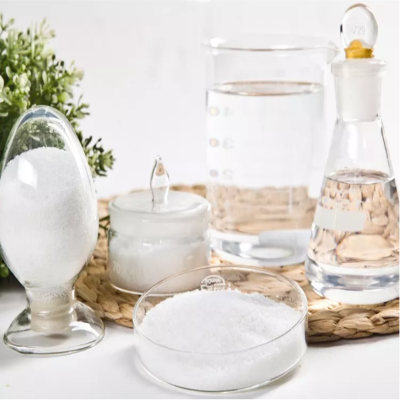-
Categories
-
Pharmaceutical Intermediates
-
Active Pharmaceutical Ingredients
-
Food Additives
- Industrial Coatings
- Agrochemicals
- Dyes and Pigments
- Surfactant
- Flavors and Fragrances
- Chemical Reagents
- Catalyst and Auxiliary
- Natural Products
- Inorganic Chemistry
-
Organic Chemistry
-
Biochemical Engineering
- Analytical Chemistry
-
Cosmetic Ingredient
- Water Treatment Chemical
-
Pharmaceutical Intermediates
Promotion
ECHEMI Mall
Wholesale
Weekly Price
Exhibition
News
-
Trade Service
British researchers have developed a new plastic electrolyte to replace existing batteries and strengthen supercapacitors
.
This new type of plastic electrolyte can make the current supercapacitance of 1,000 times or even 10,000 times the current efficiency, which will make the desire of mobile phones and computers "charging in seconds" within
two years.
According to reports, the new plastic electrolyte was inspired by Ian Hamerton, a doctor of polymers and composite materials who studied in the Department of Aeronautical Engineering at the University of Bristol, UK, and was inspired
by the principle of making contact lenses.
Ian Hamerton pointed out that the new plastic electrolyte opens the way to high-capacitor-density supercapacitors, because this new plastic electrolyte can be applied to
the conductive materials currently used.
In fact, supercapacitors are also known as electric double-layer capacitors
.
Unlike batteries in the traditional definition, supercapacitors are new energy storage elements that use electrodes and electrolytes to store energy, and charging and storing power are quite fast
.
According to Dr.
Brendan Howlin of the University of Surrey in the United Kingdom, this new energy storage technology is currently being studied around the world, making it very likely that this new energy storage element will achieve breakthroughs in the near future
.
Despite this, the proportion of energy that supercapacitors can store per kilogram is still quite low, which is the main drawback
of supercapacitors.
Jim Heathcote, chairman of Supercapacitor Materials Inc.
, said that to complete the desire to charge a mobile phone in seconds, the weight of supercapacitors needs to be more than
20 times the weight of current mobile phone batteries.
To solve this problem, the researchers spent three years inventing the plastic electrolyte to overcome the threshold
of low stored energy per kilogram of supercapacitors.
Elon Musk, the founder of Tesla, an American electric car company, has previously hailed supercapacitors as the most promising technology
in the future transportation field.
Because the secret material used by the supercapacitor will make the electric vehicle have the same mileage as the fuel vehicle without an 8-hour charging process
.
At present, supercapacitor buses have been launched
in China.
However, the driving distance is very limited; In the future, the use of this new plastic electrolyte will enable buses using supercapacitors to travel a distance of 46 stops without having to stop and charge
every two or three stops.
Heathcote pointed out that a supercapacitor test product with a new plastic electrolyte will be tested
in the spring of 2017.
If the technology works, it will be able to reduce the size of the phone's battery and charge
it in seconds within 2 years.







